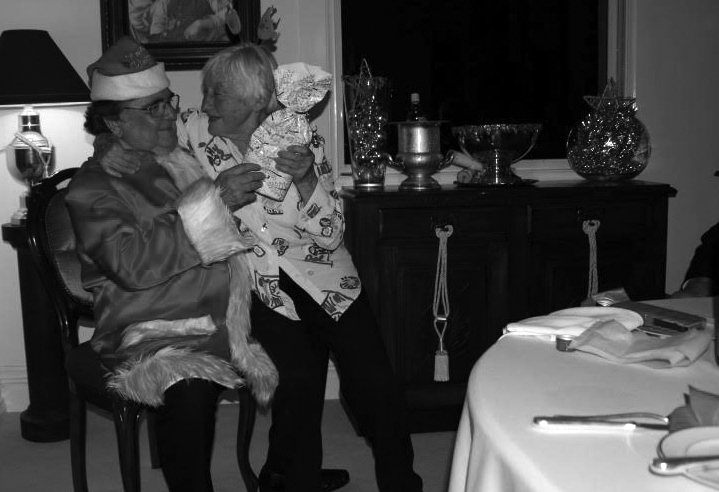
Courtesy of the author
In this selection of poems, Lee Cataldi writes in a spare, lean, direct way, steered by an aesthetic of restraint. She often uses internal spacing and short stanzas to re-enforce her measure. A sense of loss inhabits a number of the poems. Cataldi has worked as a teacher and linguist in Indigenous communities in the Northern Territory and Western Australia. In ‘the opening of the children’s centre in Balgo’ the language centre seems to have gone
the kukatja books into which we put our black and white lives have become art works no-one can read these days Balgo is a picture and for sale'
In ‘mourning is women’s business’ [for Tjama] she writes with clarity
now the funerals string together
narratives of loss
how hard it is
to think any more of forever
She imagines in ‘on breaking things’ the larger effects when the handle of a blown glass puja bell is broken. The poem impresses with its reverberations.
Poets also feature in this selection. In the opening poem c’est l’homme [for John Forbes] Cataldi addresses Forbes directly in a forceful assessment/homage of sorts regarding the poet’s desire and struggle to achieve poetic/stylistic excellence
despite all the stumbling about in the bushes the stubbed toes the dirt the broken fingernails
The poem ends with a climax that is dazzling, implosive, and well, Forbesian! And as Cataldi says, in a one line stanza, ‘perfect’.
Translations of poems by Michelangelo and Mallarmé complete the selection. In these translations Cataldi pares back the emotive and passionate and eliminates rhyme schemes to achieve a more contemporary tone and texture: a kind of poetic de-cluttering. Michelangelo’s three poems of passion and rejection are trim and sharp:
your eyes meet his don't hang around I thought I could have him any way I wanted now see what I am
In Mallarmé’s almost sirenic ‘Brise marine’ the title becomes ‘sea change’. Cataldi removes Mallarmé’s many exclamatory statements. She breaks up the poetic intensity of the sonnet with a varied form of stanzas. The second poem’s title ‘Le vierge, le vivace et le bel aujourd’hui’ becomes ‘innocent breathless beautiful day’. In this poem of the swan trapped in ice Cataldi effectively employs the short line stanza form and internal spacing. She creates a withering final note
a transparent ghost the swan has distilled himself into this place and freezes into a dream of being misunderstood his exile is useless
Here there is a sense of the arrival of the bleakly existential – the late 19th Century turns away from the transcendental – which is suitably unsettling. And no flames from a burning Mini Cooper in this scenario.
Lee Cataldi: c’est l’homme
Lee Cataldi: mourning is women’s business
Lee Cataldi: the opening of the children’s centre in Balgo
Lee Cataldi: hereafter
Lee Cataldi: the sky is falling in
Lee Cataldi: on breaking things
Lee Cataldi: seventy
Lee Cataldi: michelangelo 27
Lee Cataldi: michelangelo 107
Lee Cataldi: michelangelo 143
Lee Cataldi: mallarme: sea change
Lee Cataldi: mallarme: innocent breathless beautiful day









